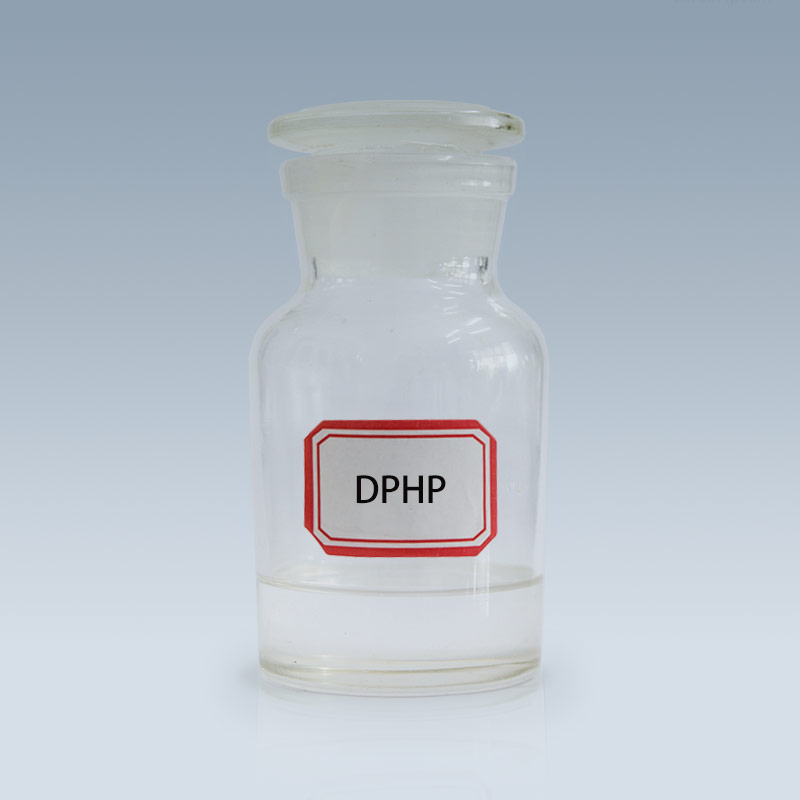Trioctyl Trimellitate (TOTM) is a versatile and high-performance plasticizer widely used across various industries, particularly in the production of flexible plastics. It enhances the properties of polymers, making them more flexible, durable, and suitable for challenging applications that require resistance to high temperatures and chemicals. As a non-phthalate plasticizer, TOTM stands out as a safer alternative in numerous applications.
Key Characteristics of TOTM
TOTM is a chemical compound derived from trimellitic anhydride, and its molecular structure consists of three octyl groups attached to the trimellitic core. This gives it a large molecular size, which is one of the key reasons for its excellent thermal stability and low volatility. Unlike some smaller, more volatile plasticizers, TOTM’s structure prevents it from evaporating under high temperatures, which makes it ideal for high-temperature applications.
One of the standout features of TOTM is its exceptional heat resistance. It can maintain the flexibility and integrity of plastics even in elevated temperatures, making it particularly useful in applications where other plasticizers might fail due to heat degradation. This thermal stability ensures that materials remain durable and functional over a longer period of time, which is crucial for long-lasting applications such as automotive and electrical components.
Additionally, TOTM exhibits superior electrical insulating properties. This is particularly beneficial in industries where electrical insulation is critical, such as in the production of wires and cables. It helps to maintain the integrity of the insulation materials, preventing the breakdown of the plastic under harsh operating conditions.

Applications of TOTM
The primary application of Trioctyl Trimellitate (TOTM) is in the manufacturing of flexible PVC (polyvinyl chloride) products. It is commonly used in the production of wire and cable insulation, where it provides the necessary flexibility, heat resistance, and electrical insulating properties. TOTM-treated PVC is widely used in automotive wiring, home electrical cables, and industrial electrical applications where heat and electrical stability are essential.
In addition to electrical applications, TOTM is frequently used in the production of flexible films, flooring materials, and medical devices. In these applications, TOTM improves the material's flexibility, strength, and durability, extending the lifespan of the products. For example, in medical devices, TOTM helps maintain the flexibility and mechanical integrity of components such as tubing, gaskets, and medical bags, ensuring they perform well over time without degrading under typical use conditions.
Another significant application of TOTM is in automotive components. Components like dashboard covers, seat covers, and wire insulations benefit from TOTM’s ability to resist high temperatures, making it an essential material in the automotive manufacturing sector. The ability to withstand heat while maintaining material flexibility makes it ideal for automotive interiors that are subject to fluctuating temperatures.
TOTM is also used in food packaging, where flexibility and durability are key. Flexible food packaging films made with TOTM exhibit improved tear resistance and strength, which helps extend the shelf life of food products by offering better protection from external environmental factors.
Advantages Over Other Plasticizers
Compared to traditional plasticizers like phthalates, Trioctyl Trimellitate (TOTM) offers several advantages. Its high molecular weight and low volatility result in improved stability, which translates into a longer lifespan for the products made with it. TOTM also provides superior thermal stability, which is critical for applications that involve exposure to high temperatures, such as automotive and electrical industries.
Furthermore, TOTM does not migrate or leach out of materials over time, a problem that is common with some other plasticizers. This characteristic helps ensure the longevity and reliability of the products that contain it. Products such as wires, medical devices, and food packaging made with TOTM retain their properties for extended periods, making them ideal for long-term use.
Market Demand and Future Prospects
As industries continue to evolve, the demand for high-performance materials that can withstand challenging conditions grows. TOTM is expected to see increased adoption in markets that require durable and heat-resistant materials. The automotive and electrical industries are key drivers of growth for TOTM, with the need for flexible, heat-resistant, and reliable components on the rise.
The growing trend towards safer and more sustainable alternatives to traditional plasticizers is also likely to boost the demand for TOTM. Its excellent performance in high-temperature and electrical applications, combined with its non-phthalate status, positions it as a valuable material in sectors seeking safer plasticizers.
Looking ahead, TOTM's role in the plastics and polymer industries is expected to expand as new applications emerge. The continued advancements in materials science and manufacturing processes are likely to uncover even more uses for this versatile plasticizer, solidifying its place in a variety of industries that require high-performance, long-lasting materials.



 English
English 中文简体
中文简体







